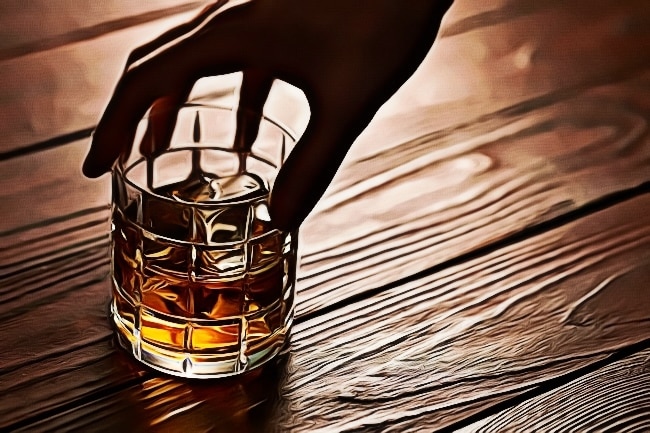The Risks and Considerations
When managing allergies or common cold symptoms, Benadryl (diphenhydramine) is a go-to over-the-counter medication for many. It’s effective for reducing symptoms such as sneezing, itching, and runny nose. However, combining Benadryl with alcohol can lead to potentially dangerous effects. It’s crucial to understand these risks to make informed decisions about your health.
What Happens When You Mix Benadryl and Alcohol?
Increased Sedation and Drowsiness
Both Benadryl and alcohol can cause drowsiness and sedation independently. When taken together, these effects are significantly amplified, leading to heightened drowsiness and impaired cognitive functions. This can make activities such as driving or operating heavy machinery extremely dangerous.
Enhanced Side Effects
Combining Benadryl and alcohol can amplify its side effects, including dizziness, dry mouth, and difficulty concentrating. In some cases, it may also lead to severe respiratory depression.
Long-term Health Risks
Regularly combining these substances can contribute to long-term health risks, including potential damage to the liver and an increased risk of developing substance abuse disorders.

Understanding the Science
To delve deeper into the science behind why mixing Benadryl and alcohol is risky, you can refer to detailed studies and reports available through reputable sources such as the National Institutes of Health (NIH). These resources provide evidence-based information on how such combinations can affect your body and overall health.
Recommendations for Safety
If you’re currently taking Benadryl or considering it for allergy relief, it’s advisable to avoid alcohol consumption during this period. Should you find yourself in a situation where you’ve consumed both, it’s important to seek a safe environment, avoid engaging in activities that require alertness, and consider reaching out to a healthcare professional for guidance.
When to Seek Help
If you or a loved one find yourselves regularly using Benadryl and alcohol together, it might be a sign of a deeper issue related to substance use. In such instances, reaching out for professional help is a step toward recovery. Organizations like Alternative Addiction offer support and resources for those dealing with substance use, providing a compassionate space to explore treatment options and find the path to a healthier lifestyle.
Conclusion
While Benadryl is a safe and effective medication for treating allergy symptoms on its own, mixing it with alcohol can lead to dangerous and potentially long-term adverse effects. Being aware of these risks and making informed decisions about your health can help prevent unnecessary harm. Remember, when in doubt, always consult with a healthcare provider to ensure the safest course of action for your individual health needs.




